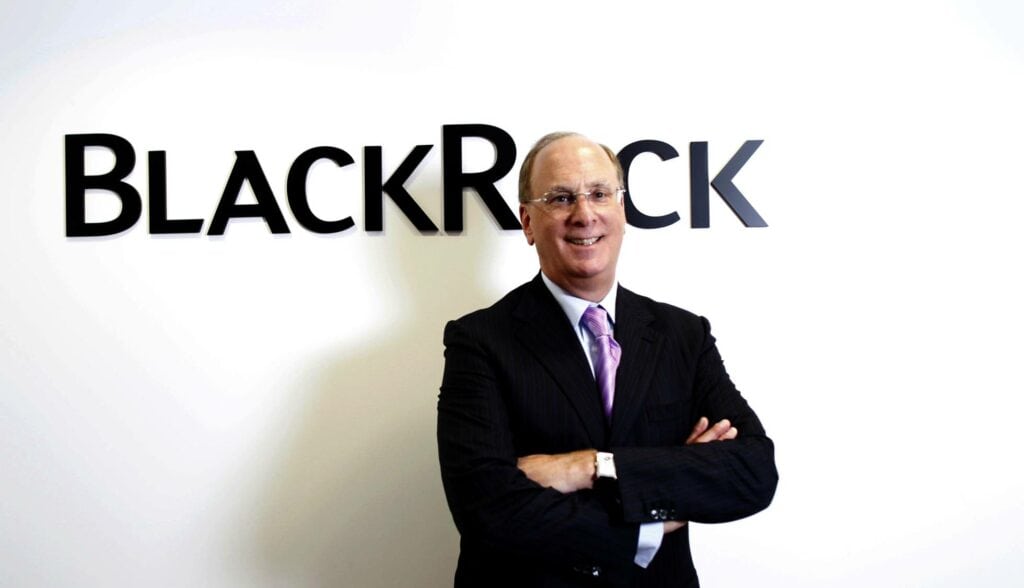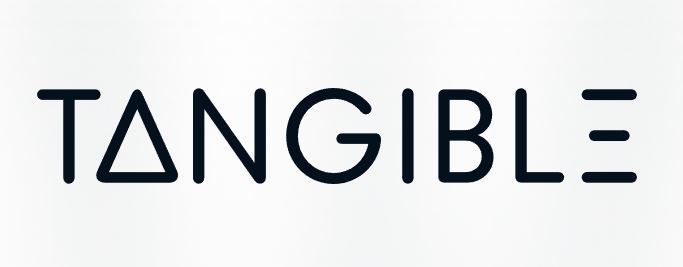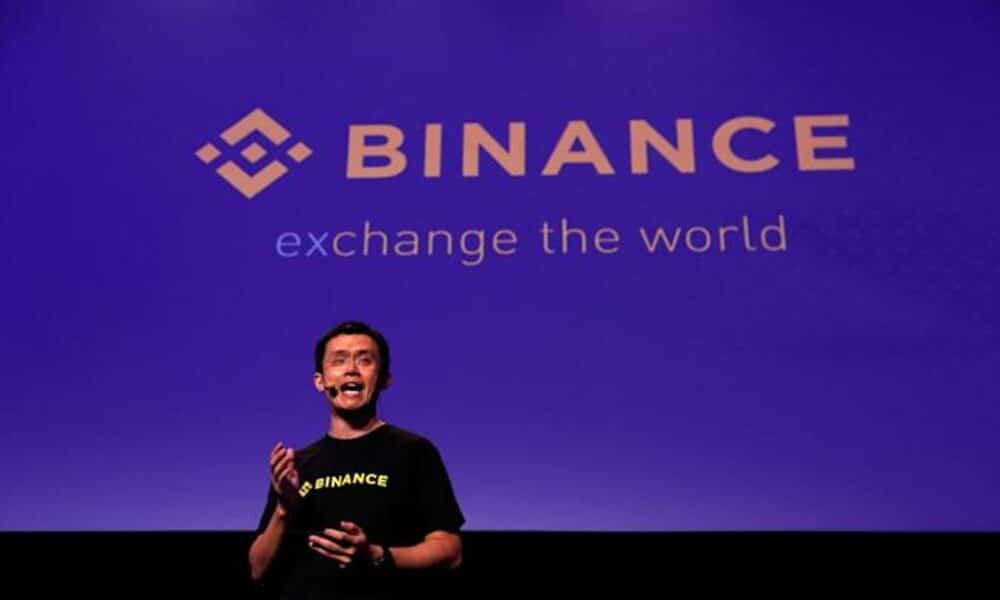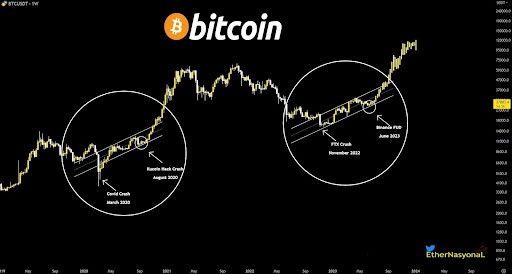A Decentralized Exchange, or DEX for short, is nothing more than an exchange without a central regulatory body. So how does a decentralized exchange differ from the centralized exchange we are all familiar with? As the name says, this type of exchange has no central authority. As a result, trading takes place directly between users. This reduces the likelihood of virtual currencies getting stolen, as users do not make deposits to a central governing body.
Smart contracts
How can we be sure that the other user we trade with will not cheat us? This is a good question. In DEXs, transactions are conducted using smart contracts. A smart contract guarantees that each party will fulfill predetermined terms, meaning that they will send a certain amount of tokens or cryptocurrencies to another user once a condition is met.
There are two types of decentralized exchanges: those that support a specific currency and those that support several. Exchanges designed to trade a specific currency, or so-called specialized exchanges, are built on a particular blockchain technology. Neutral exchanges, or those that support multiple currencies and provide a secure environment to conduct transactions using different currency pairs.
How does a decentralized exchange DEX work?
Decentralized exchanges differ from centralized exchanges because they allow users to maintain control over their funds. The lack of middlemen makes trading more transparent, and more importantly, there is no single point of failure. This makes decentralized exchanges safer and less vulnerable to cyber attacks.
Keep in mind that most decentralized exchanges are not fully decentralized. Some components still remain centralized. For example, one such component is the order book, which is handled by a central server. However, the central server does not store private keys. This would constitute a major security breach.
Risks that occur when using a decentralized exchange DEX
Decentralized exchanges, although close to perfect, still have minor imperfections and shortcomings. One of the most important limits that a decentralized exchange has is the inability to exchange traditional currencies for cryptocurrencies. Such a limitation is due to the fact that decentralized exchanges are not regulated by law. Another downside that should be mentioned is the lack of useful tools for the trader. We are talking about functionalities such as: trading with leverage or stop loss function. The lack of the mentioned attributes may or may not reduce the effectiveness of trading with decentralized exchanges. It is also common for DEX exchanges to have a complicated interface, which certainly makes it harder to start using them if you are a novice trader. But despite so many downsides, DEX exchanges still represent the future in cryptocurrency trading. This is because all of the aforementioned disadvantages are balanced by huge benefits such as security, transparency, and protection of your privacy.


















